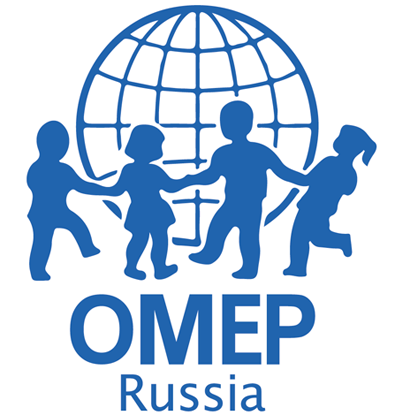Proportionality of magnitudes' transformations: scaffolding substantial learning cooperation in the digital environment
Book of Abstracts
Keywords
joint learning actions, proportions, concept acquisition, the concept's origin, computer simulation
Abstract
The concept of proportionality is a traditional topic for research on concept formation and misconceptions, as it is both an interesting and challenging domain, especially for studies concerning the transition period between primary and secondary education. The complexity of the concept stems from the contradiction between the salient changes of values, included in the proportion, and the changes of the proportion itself, which cannot be performed directly. Our general strive is to reconstruct the origin of the proportionality concept as we design appropriate computer support to scaffold the initial step of the concept's acquisition. The "Make it float!" simulation introduces students to a special digital space: the "shipyard" with water of different salinity, which allows testing the ships that students combine from sinking and floating units. The simulation challenges students to accommodate their actions in order to control the state of the object under construction. The way of coordination of the magnitudes' transformations in the context, which focuses on the preservation of buoyancy, leads to comprehension of proportionality between heterogeneous magnitudes of interest (such as mass and volume). Both partners that share the control over the ship's construction have to suggest the exact way to coordinate their efforts, as there is no way for them to achieve the desired result individually. Our pilot teaching experiments with groups of students (8-12 years old) proved this approach to computer support design to be effective for the acquisition of the proportionality concept through the meaningful coordination of joint actions. Analysis of students' progress within the designed computer-supported educational module allows us to outline feasible ways to include digital means to the wholesome learning process.
Video
Prezentation

Russian Psychological Society
e-mail: ruspsysoc@gmail.com

Federal Scientific Center for Psychological and Interdisciplinary Research,
Moscow, Russia
e-mail: forumdigitalchildhood@gmail.com

Psychology Department of the Lomonosov Moscow State University,
Moscow, Russia
e-mail: psy@psy.msu.ru



 2021
2021  2022
2022  2023
2023 2024
2024





